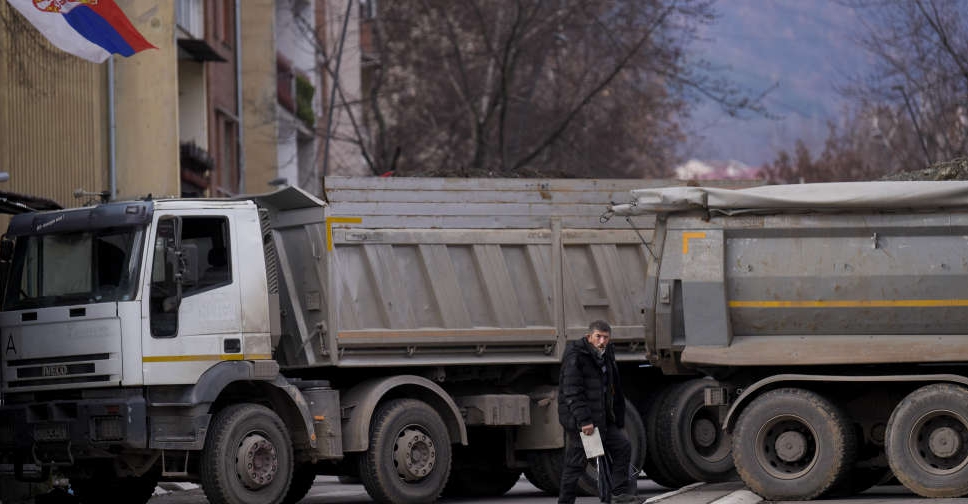
Kosovo Serbs who have been blocking roads in northern Kosovo for 19 days have agreed to start removing barricades from Thursday morning, bowing to calls by the United States and European Union to defuse tensions.
Serbian President Aleksandar Vucic who met Serbs from northern Kosovo in the Serbian town of Raska said the process of removing barricades will begin on Thursday morning.
"It is a long process and it will take a while," Vucic said.
He also added that the United States and European Union, which are mediating talks between Belgrade and Pristina to resolve outstanding bilateral issues, have guaranteed that none of the Serbs who set up barricades will be prosecuted.
Removal of the barricades is expected to defuse tensions between Belgrade and Pristina.
For more than 20 years, Kosovo has been a source of tension between the West, which backed its independence, and Russia, which supports Serbia in its efforts to block Kosovo's membership of global organisations including the United Nations.
The United States, NATO and European Union urged maximum restraint in the north of Kosovo, as authorities closed a third border crossing on Wednesday and tensions escalated with local Serbs over its 2008 independence.
NATO's mission in Kosovo, KFOR, said it supported dialogue between all parties to defuse tensions, which have included Serb roadblocks on major arteries by trucks and other heavy-duty vehicles and violent clashes with police.
Serbia put its army on its highest alert on Monday.
The Kremlin, for its part, denied Kosovo interior minister's claims that Russia was influencing Serbia to destabilise Kosovo, saying that Serbia was defending the rights of ethnic Serbs.
A former Kosovo Serb policeman, whose arrest triggered violent protests by Kosovo's Serb minority, was released from custody and put under house arrest after a request from the prosecutors' office, said a spokesperson for the Pristina Basic Court .
Dejan Pantic was arrested on Dec. 10 for assaulting a serving police officer. Since then, Serbs in northern Kosovo have exchanged fire with police and erected more than 10 roadblocks, demanding his release.
The court decision angered Kosovo government officials, including Prime Minister Albin Kurti and Justice Minister Albulena Haxhiu.
"I don't know how to understand it and how it is possible that someone who is accused of such a serious crime related to terrorism goes to house arrest," Haxhiu said.
"I am very curious to see who is the prosecutor who makes this request, who is the judge of preliminary procedure that approves it," Kurti said.
Pantic was one of many Serbs who left the police and other institutions after Pristina said it would enforce a law requiring Serbs to scrap Serbian-issued car licence plates dating back to before the 1998-99 guerrilla uprising that led to Kosovo's independence.
Serbs in northern Kosovo, which they believe to be still part of Serbia, resist any moves they see as anti-Serb.
Two border crossings between Serbia and Kosovo were closed on Dec. 10 and a third one, the biggest one for road freight, Merdare, was closed to traffic on Wednesday, disrupting journeys of Kosovars working elsewhere in Europe from returning home for the holidays.
Around 50,000 Serbs living in northern Kosovo refuse to recognise the government in Pristina or the status of Kosovo as a separate country. They have the support of many Serbs in Serbia and its government.
Albanian-majority Kosovo declared independence with the backing of the West, following a 1998-99 war in which NATO intervened to protect ethnic Albanian citizens.



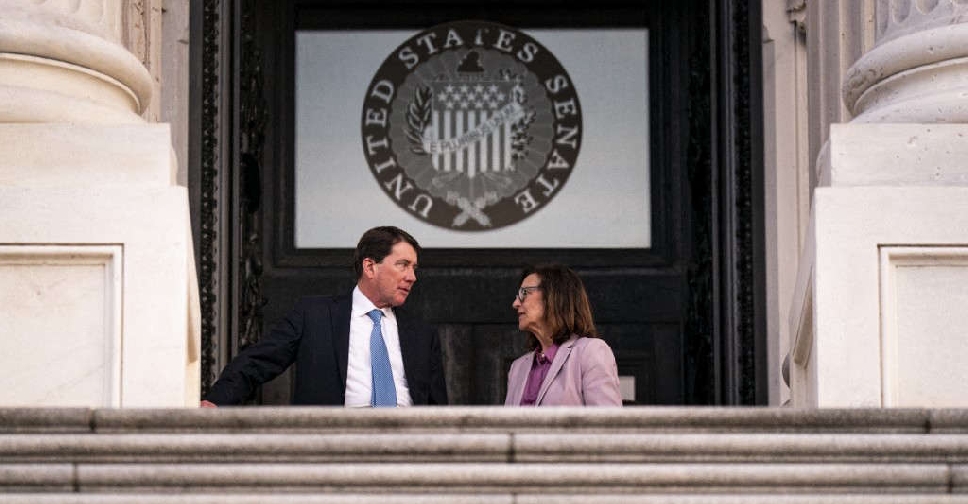 US Senate passes Trump's tax-cut, spending bill; sends to House
US Senate passes Trump's tax-cut, spending bill; sends to House
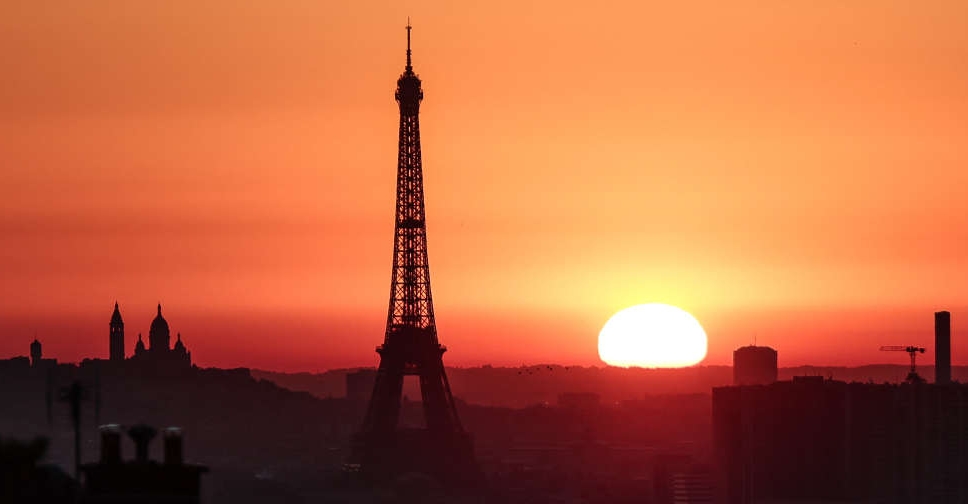 France shuts schools as heatwave grips Europe
France shuts schools as heatwave grips Europe
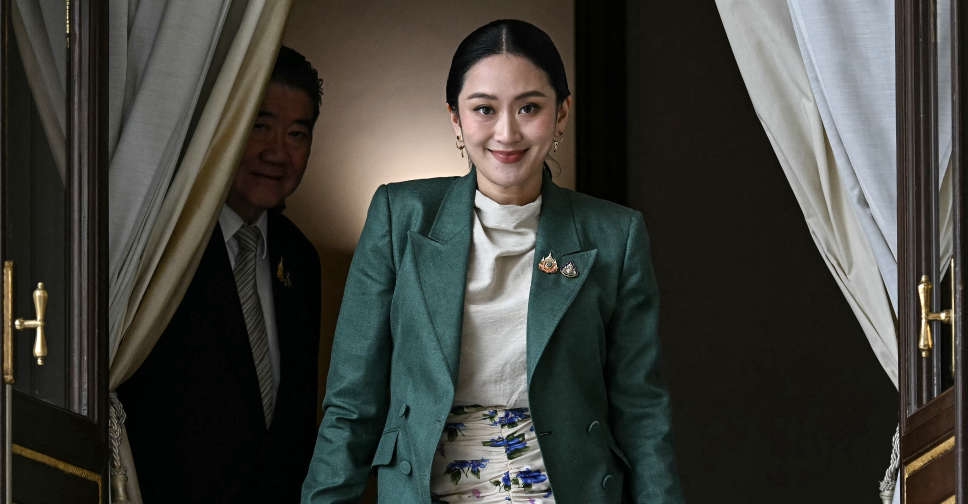 Blow for Thailand's government as court suspends PM from duty
Blow for Thailand's government as court suspends PM from duty
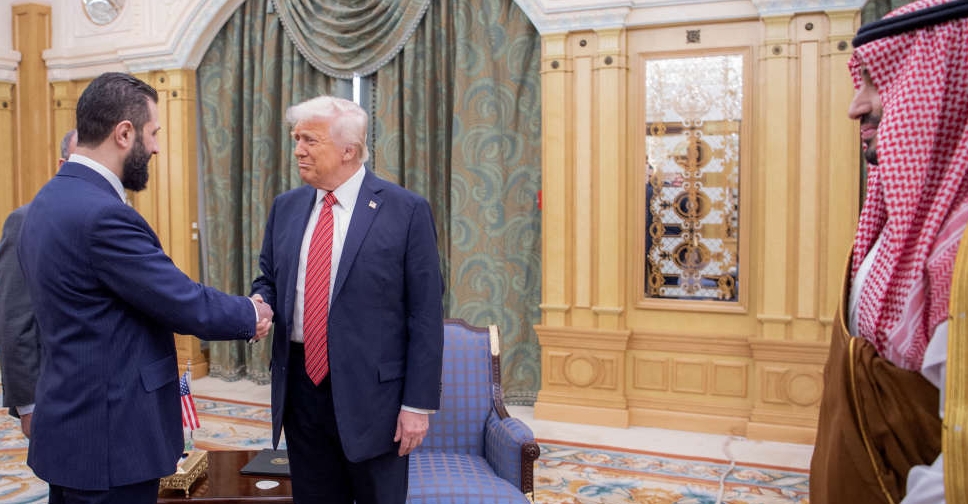 Trump signs order lifting sanctions on Syria, White House says
Trump signs order lifting sanctions on Syria, White House says



